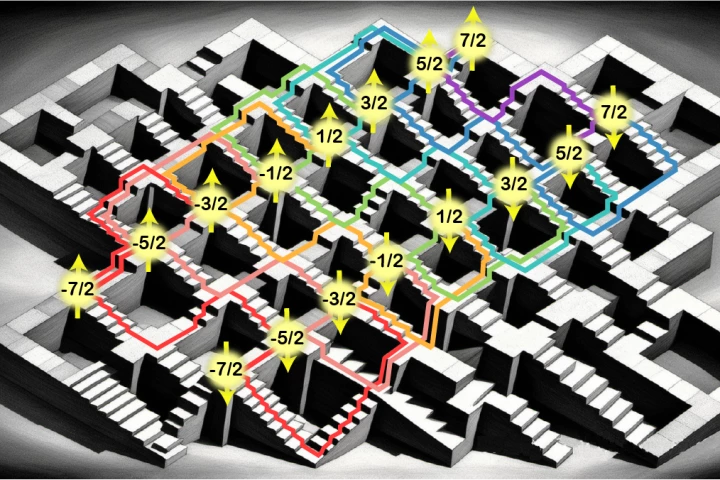Data
-
Last year a longstanding conspiracy was reignited, telling the tale of how your smartphone is listening to your conversations and delivering targeted ads, but it still isn't true and the way you actually get your ads is much more unsettling.
-
Meta (formerly Facebook) plans to build the world's longest undersea cable that will be longer than the Earth is round. The high-capacity, fiber-optic cable that will link five continents will span a fantastic 31,000 miles (50,000 km).
-
A new study from Caltech calculates that our brains process information at the extremely slow speed of just 10 bits per second. This leisurely pace may have long evolutionary roots, despite our sensory systems gathering data 100 million times faster.
-
Scientists at the University College London have set a new world record in wireless data transmission speeds, sending a blistering 938 Gigabits per second (Gbps) over the air through a combo of radio and light technology.
-
A full DNA computer is a step closer, thanks to a new technology that could store petabytes of data in DNA for thousands or even millions of years. The system can also process data, as demonstrated by solving sudoku puzzles.
-
DNA is a much denser data storage medium than anything humans can design, but the problem is that it’s fragile. So now scientists have taken another page out of nature’s book and created artificial amber to protect data stored in DNA longer term.
-
NASA’s Psyche spacecraft, farther away than the Sun, has sent data through a laser over a record-breaking distance, and done so even faster than expected. The breakthrough could help establish high-speed communications with human colonies on Mars.
-
An international research team has sent an astounding amount of data at a nearly incomprehensible speed. It's the fastest data transmission ever using a single optical fiber and shows just how speedy the process can get using current materials.
-
UFOs are having a renaissance lately, moving beyond the tinfoil-hatted crowd and into the realm of serious government investigation. Now a study has analyzed the geography of almost 100,000 sightings and found a few clues about how they cluster.
-
You can cram much more quantum processing power into a given space if you use four different ways to store data on a single atom, according to new research. The method unlocks more powerful quantum computers that are easier to control.
-
With 2023 drawing to a close, it's once again time to look at the significant, intriguing, and sometimes just plain daft science stories of the year. So, let's dive in and see what the science types have been up to.
-
Diamond is a promising material for data storage, and now scientists have demonstrated a new way to cram more data onto it, down to a single atom. The technique bypasses a physical limit by writing data to the same spots in different-colored light.
Load More











